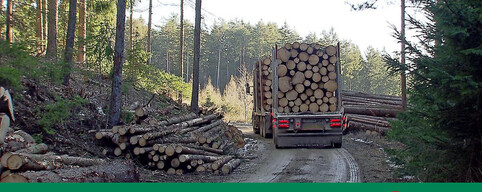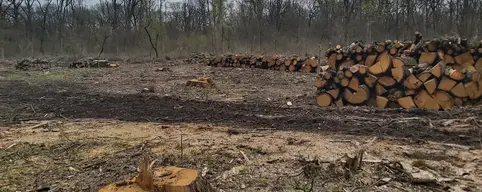

A recent study has found that the ability of forests to absorb carbon dioxide (CO2) is declining significantly, pushing the planet toward critical climate tipping points. Once these boundaries are reached, the effects of climate change may become irreversible. This discovery points to the urgent need to take action to preserve and restore natural carbon sinks.
Deforestation, or deforestation, combined with rising temperatures and changes in precipitation, is making it harder for forest ecosystems to function. These changes make forests lose their effectiveness as natural carbon sinks. As a result, the fight against climate change is becoming even more challenging for society.
Deforestation, especially in tropical regions, not only reduces the number of trees capable of absorbing CO2, but also often leads to dry land and reduced biodiversity. Intense forest fires, which are becoming more frequent due to rising temperatures, also release large amounts of carbon into the atmosphere, making the situation worse.
Without immediate intervention, we risk destroying the natural processes that help balance the climate. Only international efforts, such as forest restoration and the implementation of effective management policies, can stop the catastrophic consequences.
Scientists note that while forests are not the only solution, their role in carbon sequestration is extremely important. Reducing greenhouse gas emissions, combined with active forest conservation and restoration, can be an effective strategy in the fight against climate change.
In addition, experts emphasize the importance of investing in forest monitoring and management technologies. This will allow us to track changes in forests and respond quickly to problems.
It is also important to remember the role that forests play in local ecosystems and economies. They provide us with valuable timber, places for recreation, and are home to numerous species of animals and plants.
To preserve our climate and ecosystems, we need to take action at all levels, from individual efforts to international agreements. Such measures may include not only forest restoration, but also conscious consumption, protection of nature reserves, and support for sustainable land use.
blockquote>Scientists call for the active participation of states, business and the public in efforts to protect forests as a key element in the global climate change strategy.



